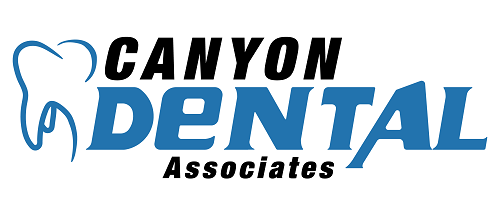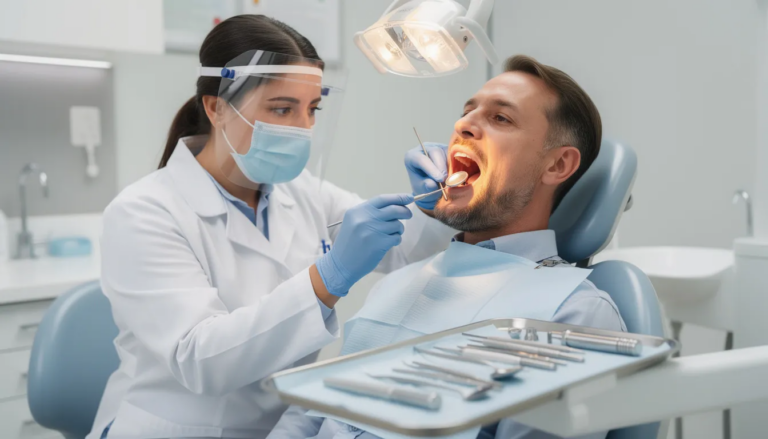Emergency dentistry, a critical and often underestimated field, plays a vital role in oral health care. This specialized area focuses on treating oral injuries and acute dental issues that require immediate attention.
Common Dental Emergencies
The spectrum of dental emergencies ranges from severe toothaches and infections to traumatic injuries like broken or chipped teeth and avulsed (knocked-out) teeth. Each scenario demands specific and prompt intervention to prevent further complications.
The Immediate Response: First Aid
Basic first aid for dental trauma can be a temporary but essential measure in mitigating damage. This includes rinsing the mouth with warm water, applying cold compresses for swelling, and preserving avulsed teeth in milk or saline. However, seeking professional emergency dental care is crucial for thorough treatment.
Emergency Dentistry vs. Regular Dental Care
While emergency dentistry addresses immediate and acute dental issues, regular dental care focuses on prevention, diagnosis, and treatment of oral diseases over time. Both are integral to maintaining overall oral health.
Advanced Treatments in Emergency Dentistry
Emergency dentistry often involves advanced treatments like root canals for infected teeth, extractions for severely damaged teeth, and emergency restorations to repair or replace teeth. These procedures are pivotal in alleviating pain and restoring oral function.
Pain Management and Anesthesia
Effective pain management is a cornerstone of emergency dentistry, employing various anesthesia techniques to ensure patient comfort. Sedation is also used in more intensive procedures to alleviate anxiety and facilitate easier treatment.
Pediatric Emergency Dentistry
Children’s dental emergencies require a unique approach due to their distinct oral anatomy and psychology. Pediatric emergency dentistry specializes in treating these young patients with care and sensitivity.
Prevention and Education
Educating patients on preventing dental emergencies is crucial. This includes advice on oral hygiene, protective gear during sports, and the importance of regular dental check-ups in identifying potential issues early.
The Psychological Impact of Dental Emergencies
Dental emergencies can induce significant anxiety and fear. Understanding this psychological impact is important, and providing support and coping mechanisms to patients is a key aspect of emergency dental care.
Future Trends in Emergency Dentistry
Technological advancements in emergency dentistry are continuously evolving, improving diagnosis, treatment, and patient comfort. There is also a growing focus on improving access to emergency dental care and reducing response times.
Emergency dentistry is an essential component of comprehensive oral health care. It underscores the importance of immediate care in dental emergencies and highlights the need for ongoing preventive measures and education to maintain optimal oral health.


